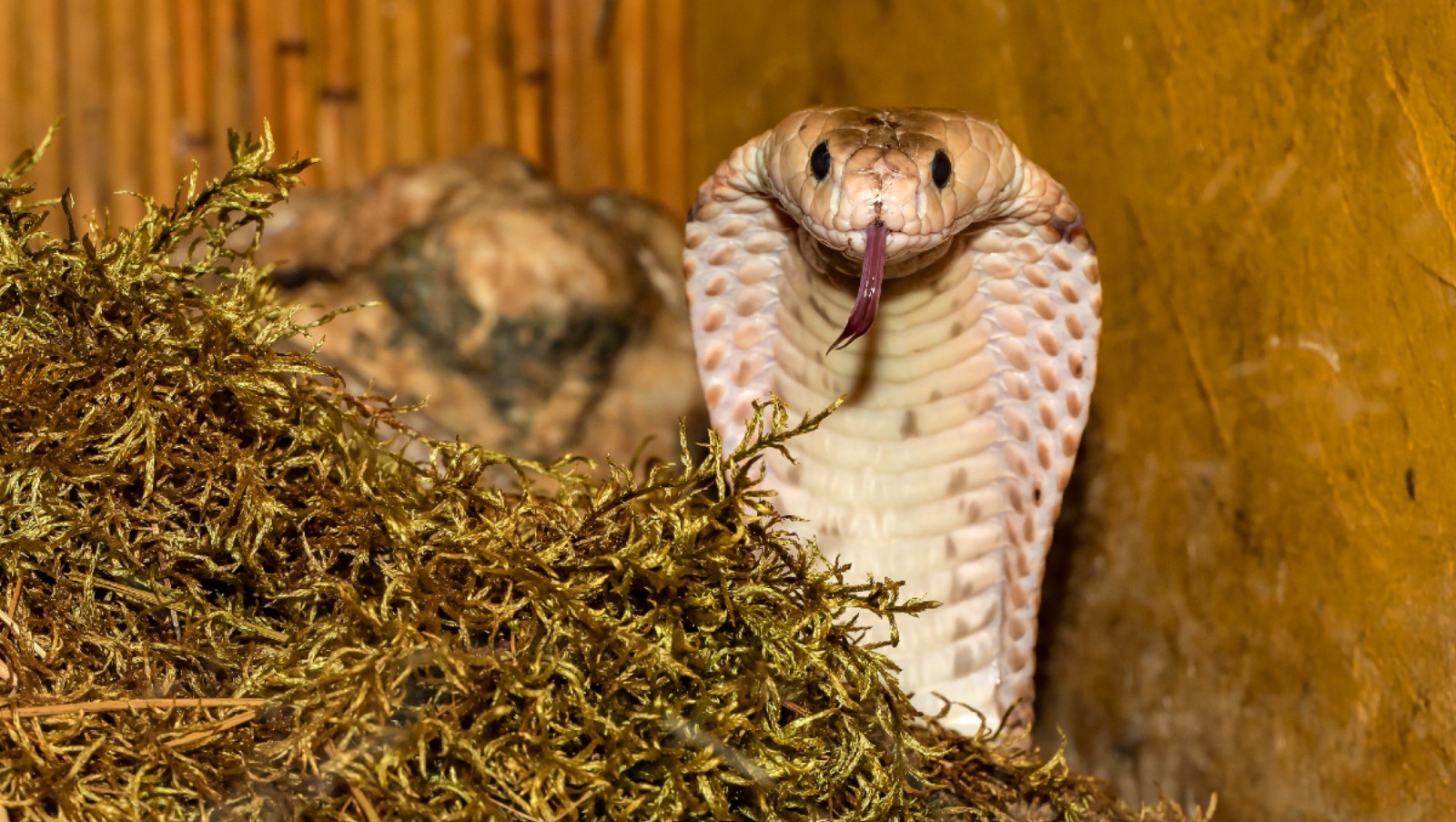
Maltese
Conditions of detention
Maltese dogs are highly adaptable and can thrive in various living environments, including apartments and houses. They are indoor dogs and do not tolerate extreme temperatures well.
Useful Fact: Maltese dogs are ideal for urban living due to their small size and low exercise requirements.
Nutrition and diet
A balanced diet is essential for the Maltese, focusing on high-quality dog food that meets their specific nutritional needs. Fresh water should always be available.
Useful Fact: Including omega-3 fatty acids in their diet can help maintain the Maltese’s coat health and shine.
Health
Maltese dogs are generally healthy but can be prone to certain genetic conditions such as patellar luxation, dental issues, and heart problems. Regular veterinary check-ups are important.
Useful Fact: Maltese dogs typically have a lifespan of 12-15 years, making regular health monitoring and preventive care essential.
Grooming and care
Maltese dogs have a long, silky coat that requires regular grooming to prevent matting and tangling. Daily brushing and regular professional grooming are recommended. They are usually pure white in color.
Useful Fact: Regular grooming helps prevent skin issues and keeps the Maltese looking their best.
Education and training
Maltese dogs are intelligent and respond well to positive reinforcement training methods. Early socialization and consistent training are key to preventing small dog syndrome.
Useful Fact: Short, fun training sessions work best to keep the Maltese engaged and motivated.
Toys and entertainment
Maltese dogs enjoy a variety of toys, especially those that challenge their intelligence and provide mental stimulation. Interactive toys and puzzle games are beneficial.
Useful Fact: Regular playtime with engaging toys helps prevent boredom and destructive behavior in Maltese dogs.
Safety
Maltese dogs should be supervised when outdoors and kept on a leash or in a secure, fenced area. They are small and can be vulnerable to larger animals.
Useful Fact: Due to their small size, Maltese dogs should be monitored closely around young children to prevent accidental injury.
Accessories
Appropriately sized collars, harnesses, and leashes are important for managing a Maltese. They also benefit from comfortable bedding and suitable crates for travel or home use.
Useful Fact: Maltese dogs may appreciate wearing sweaters or coats in cold weather due to their small size and sensitivity to temperature changes.
Socialization
Early and consistent socialization with different people, environments, and other animals is crucial for a well-rounded Maltese. This helps them become confident and friendly adults.
Useful Fact: Regular socialization can help reduce the likelihood of separation anxiety in Maltese dogs.
Travel and Transportation
Maltese dogs adapt well to travel if their comfort and safety are ensured. Using secure pet carriers or travel crates is recommended.
Useful Fact: Maltese dogs often enjoy car rides and can be great companions for travel if introduced to it gradually.
Behavior and psychology
Maltese dogs are known for their affectionate and playful nature. They thrive on human interaction and require plenty of attention and mental stimulation to stay happy.
Useful Fact: Regular mental challenges and interactive play are essential to keep Maltese dogs well-behaved and content.
Legal aspects
Owning a Maltese requires adherence to local pet ownership laws, including licensing, vaccination requirements, and leash laws.
Useful Fact: Microchipping your Maltese can greatly increase the chances of being reunited if they ever get lost.


